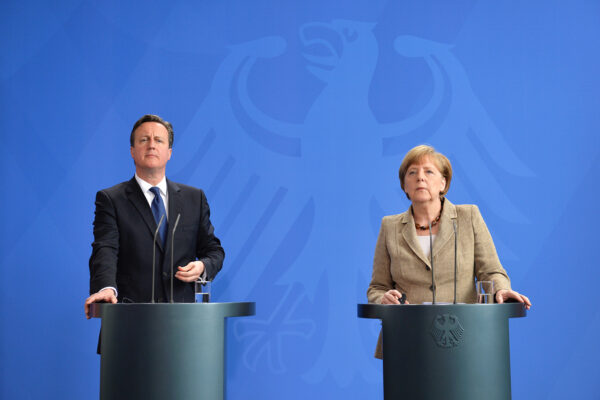
Comparing the platforms of the six parties competing in the German election reveals two divides:
- The first is between the traditional left and right on spending and taxes. The Social Democrats, Greens and far-left Die Linke want higher taxes on the wealthy to fund public investment. The Christian Democrats, liberal Free Democrats and nativist Alternative argue for tax cuts.
- The second divide is between the four mainstream parties and the extremes on defense and foreign policy. The Christian Democrats, Social Democrats, Greens and Free Democrats all support closer European integration and NATO. The Alternative wants out of the euro. Die Linke would swap NATO for a security pact with Russia.
Here is a closer look at where the parties stand on defense, Europe, immigration, spending and taxes.
- Defense: The Christian Democrats want to almost double defense spending in order to meet NATO’s 2-percent target. The liberal Free Democrats argue for 3 percent. Left-wing parties want to keep spending where it is and cooperate more with other countries. Die Linke would eventually replace NATO with a European security pact that includes Russia.
- Europe: All parties favor closer European integration, but the left is more ambitious. The Social Democrats call for a European finance minister, tax harmonization and a social union to ensure common welfare standards. This goes too far for the Christian Democrats, but both back the formation of a European Monetary Fund (perhaps replacing the European Stability Mechanism). The Free Democrats want to enforce fiscal rules with sanctions and are open to a Greek exit from the euro. The Alternative wants to Germany to pull out of the euro instead.
- Immigration: Angela Merkel has resisted demands from the Christian Democratic right for an annual immigration cap of 200,000. The Alternative has made this its policy. The liberals and Social Democrats argue for a Canadian-style points system to attract more high-skilled migrants. The Greens and Die Linke oppose restrictions on refugees.
- Spending: The Social Democrats propose raising investment in infrastructure, hospitals and schools by €30 billion over the next parliament. No other major party comes close. The liberals would spend €2 billion more on roads. The Christian Democrats would raise spending on research and development from 3 to 3.5 percent of GDP.
- Taxes: The Christian Democrats want €15 billion in tax cuts, the liberals €30 billion. The left call for higher taxes on the rich. The three parties in the center all favor phasing out the solidarity surcharge that was introduced in 1991 to pay for East Germany’s reunification, but they have promised this before.
Go deeper: Analysis of the Christian Democrats’ program here; of the Social Democrats’ program here; and of all six manifestos in the Financial Times and Politico.
